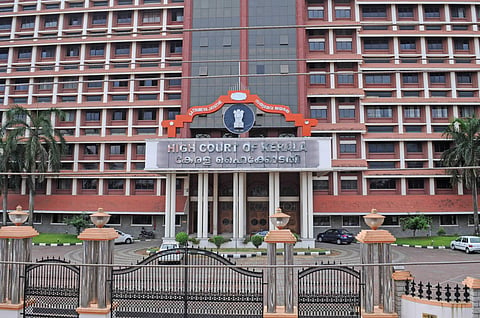

KOCHI: The Kerala High Court has directed the police to provide protection to vicars of the Orthodox faction of Malankara Church for conducting religious services in six churches, their cemeteries and chapels within two weeks. The police have also been ordered to provide protection to parishioners so that they may participate in the services without hindrance from members of the Jacobite faction.
The court issued the order while allowing the petition filed by vicars, assistant vicars and trustees of a clutch of Orthodox churches seeking police protection.
The petitioners alleged that members of the Jacobite faction were camping inside the churches and locking the gates, thereby physically preventing Malankara Church members from enjoying the benefits of the Supreme Court verdict in K S Varghese’s case, which said no priests or prelates other than those appointed in accordance with Malankara Orthodox Church Constitution of 1934 can conduct any sacrament, including the Holy Mass, in the churches.
The petitioners said since they are lawfully-appointed vicars, they were entitled to discharge duties. Hence, the police were duty-bound to afford adequate assistance to ensure the top court’s directions are complied with, and that the refusal to do so is inexcusable.
The court observed that the churches were a constituent ‘parish church’ of Malankara Church and the SC judgment was applicable for them.
During the argument in the petition filed by Fr Binoy Biju, assistant vicar of the St Mary’s Orthodox Syrian Church, Kakkoor, the government said the police and the state were ready to grant all support to implement the top court’s judgment and that restraint was exercised to prevent a law and order situation that may arise if the decree is executed.
It said the government is taking steps to resolve the disputes between the parties and this is the reason for the delay in implementing the decree.
It said at present, there is peace. The assistance sought by petitioners may breach it. This is why no enforcement was done, said the government.
In one case, the counsel for Jacobite faction said the writ petition is an attempt to seek a decree without an adjudicatory process.
Also, for implementing a Supreme Court judgment, a decree has to be drawn up in accordance with the provisions of the apex court’s Rules and executed as per the law, the counsel said.